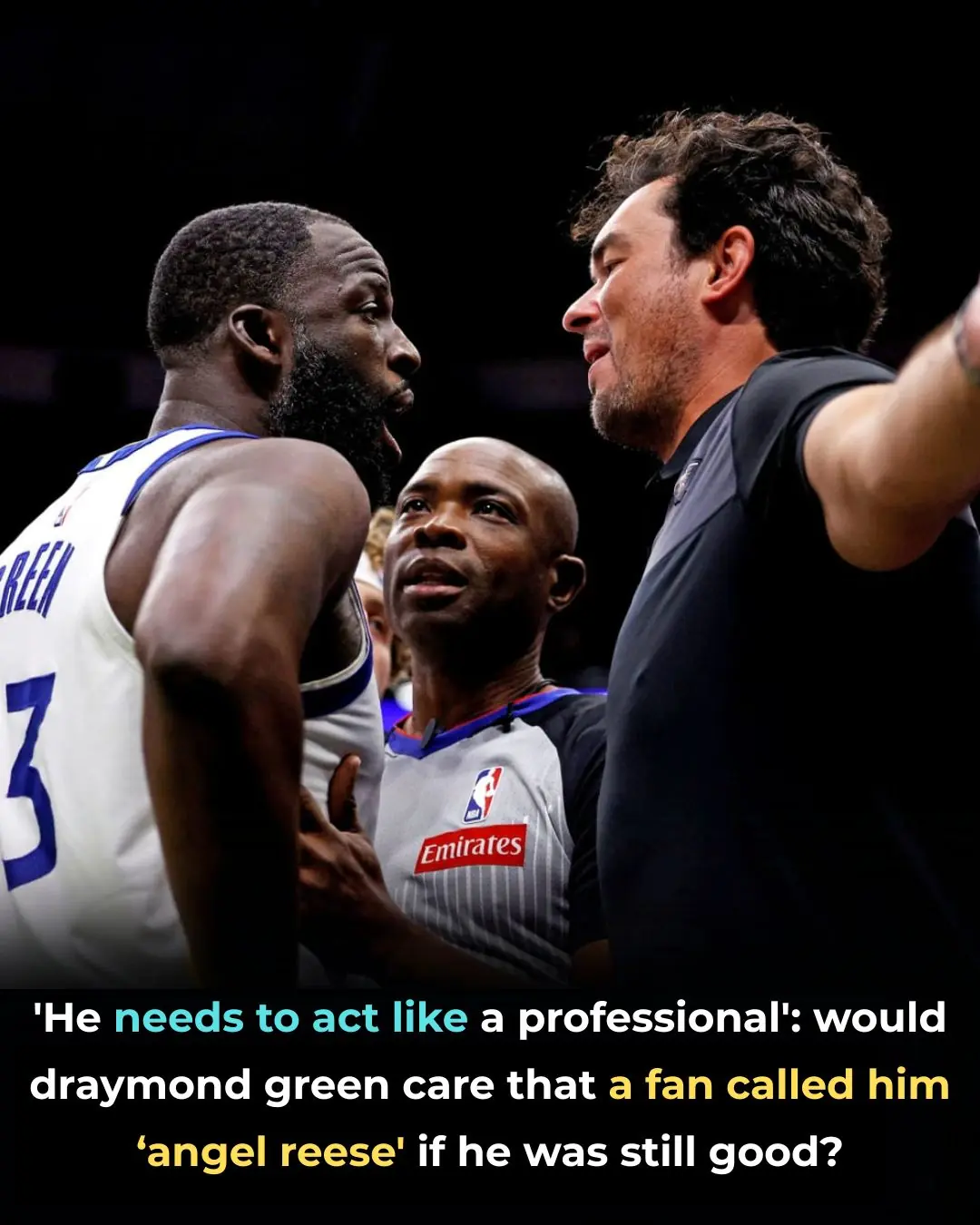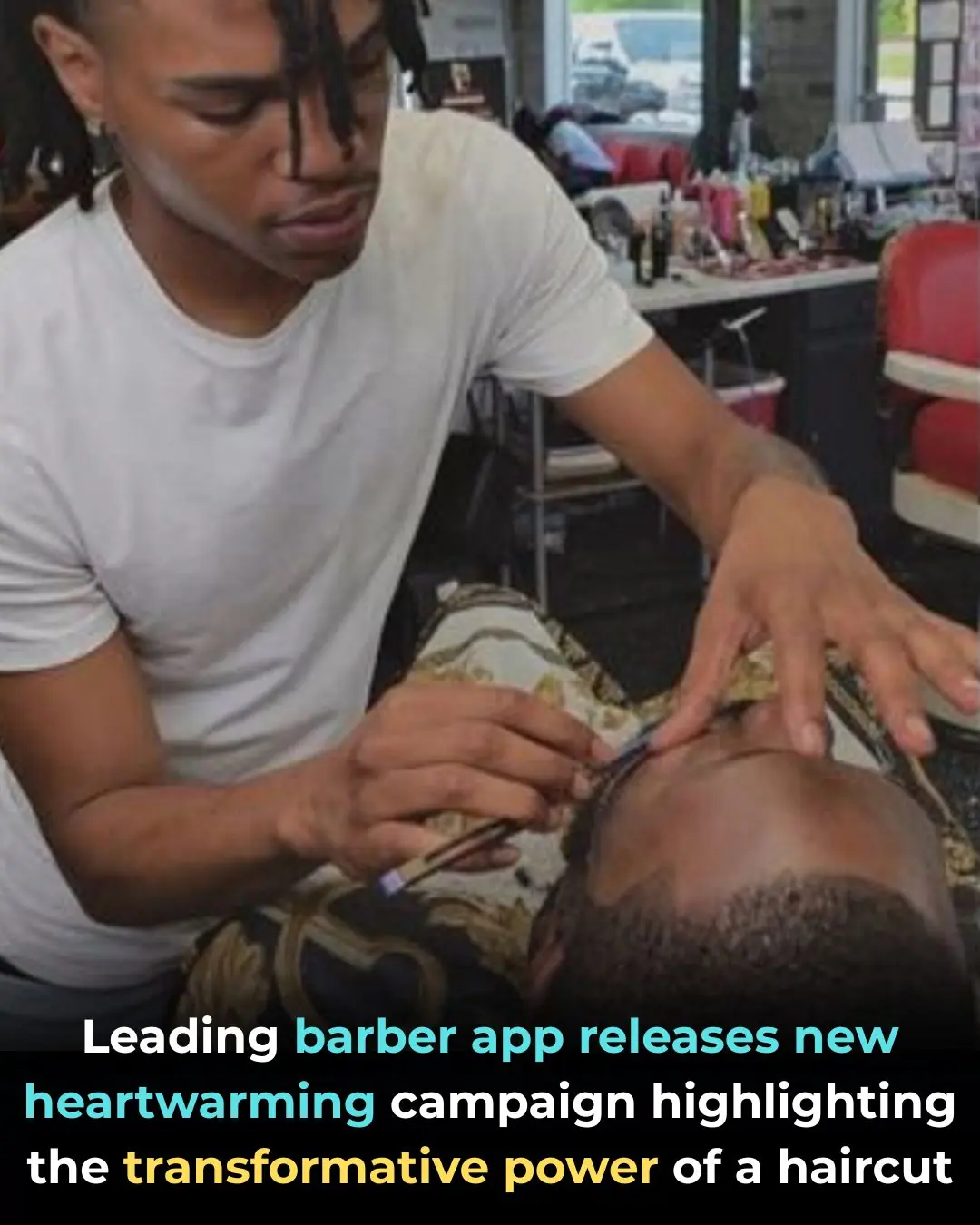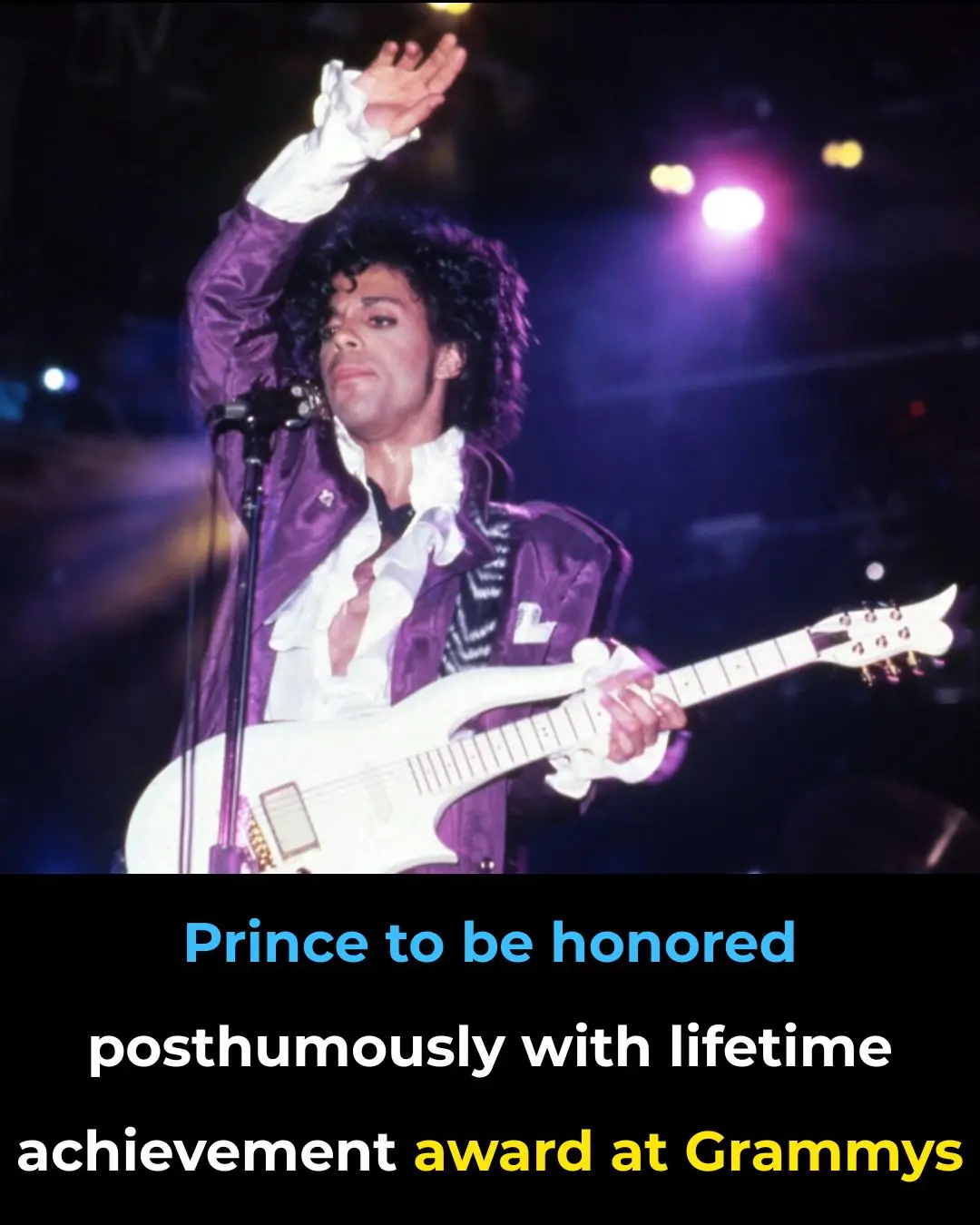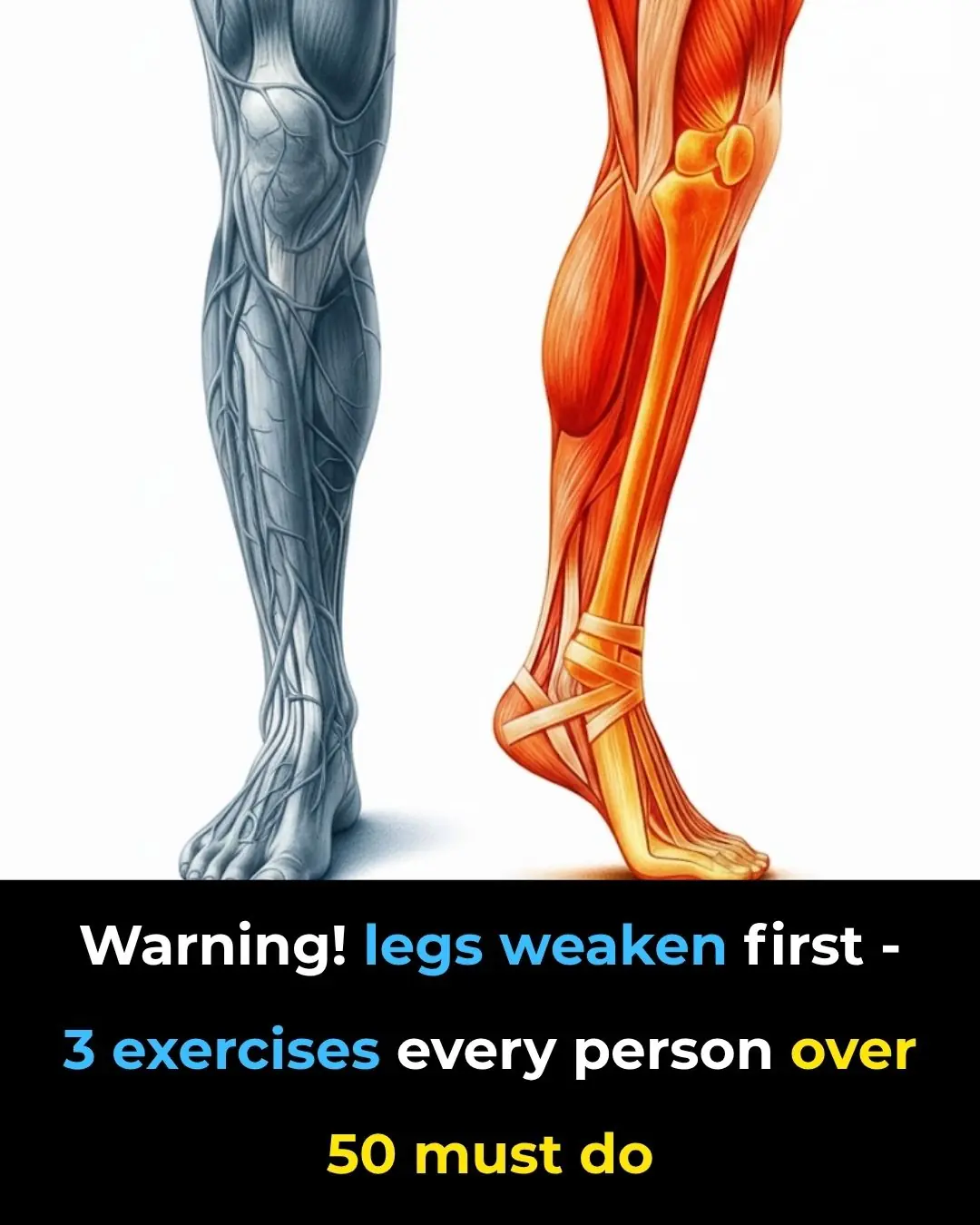
Philadelphia’s Oldest Black Bookstore From 1950s Officially Granted Historical Marker
Hakim’s Bookstore: A Legacy of Black Empowerment, Preservation, and Community Education
Hakim’s Bookstore, one of the oldest Black-owned bookstores in the United States, was founded in 1959 by Dawud Abdel Hakim, a visionary who believed deeply in strengthening and empowering the African American community through knowledge. As reported by The Grio (The Grio), Hakim began modestly, selling books from the trunk of his car before opening the store’s first brick-and-mortar location in West Philadelphia at the height of the Black Power movement. His mission was rooted in a simple but powerful belief: that education about Black history — especially history predating slavery in America — was essential for liberation, pride, and collective progress.

Hakim’s focus on books that challenged traditional narratives often put him at odds with mainstream institutions. According to accounts highlighted in The Philadelphia Inquirer, former FBI Director J. Edgar Hoover once accused independent Black bookstores like Hakim’s of being “outlets for revolutionary and hate publications” and “centers for extremism” — rhetoric that reflected the government’s long-standing surveillance of Black intellectual spaces during the Civil Rights era (The Philadelphia Inquirer). Despite this scrutiny, Hakim remained steadfast. He continued sharing works by critical scholars, historians, and global Black thinkers, even while working as a city accountant to support his wife and three children.
Hakim’s daughter, Yvonne Blake, said her father’s mission was far greater than business. “My father recognized we had a history that didn’t start with slavery. We had a place here, and we contributed to the wealth of this country. We were not second-class citizens,” she said (The Grio). His dedication inspired generations of readers seeking representation, empowerment, and truth in literature.
By 1980, with demand growing, Hakim expanded his operations. He opened a second location in Atlanta and began teaching African and African American history at Morehouse College, continuing his work of intellectual upliftment (NPR). The expansion reflected both the store’s rising influence and Hakim’s commitment to spreading historical knowledge beyond Philadelphia.
After Hakim passed away in 1997, Blake took over the bookstore, determined to preserve her father’s legacy. But running an independent bookstore — especially one dedicated to niche and historically marginalized literature — came with financial challenges. Without family support nearby, she eventually had to close the Atlanta shop. The Philadelphia location, however, remained open, even surviving downturns that forced many Black-owned bookstores across the country to shutter. During the pandemic, community support surged, helping restore the store’s visibility and ensuring its survival (Associated Press).
Now, more than sixty years after its founding, Hakim’s Bookstore has received one of its highest honors: an official historical marker from the state of Pennsylvania, recognizing its immense cultural, educational, and historical impact. Blake said the acknowledgment would have moved her father deeply: “My father would have been overwhelmed. It would have brought tears to his eyes.”
More than one hundred community members, customers, and family gathered to celebrate the dedication ceremony — a moment that symbolized both remembrance and resilience. Blake said she simply aimed to keep the bookstore alive for as long as possible, and seeing her father’s work permanently memorialized felt like a profound victory.
Amy Lambert, president of the University City Historical Society, led the effort to secure the historical designation. The process was lengthy and rigorous, but she emphasized that Hakim’s Bookstore deserved recognition not just for its longevity, but for its role as a cultural anchor and educational safe haven (The Philadelphia Inquirer).
State Senator Vincent Hughes also attended the ceremony, underscoring the importance of preserving Black historical sites and celebrating those who fought to tell the full story of African American history. “In 1959 it was not popular to talk about Black history,” Hughes said. “To be in business for 64 years is no small feat… It has not always been tradition to elevate Black history with these markers. Now it is the standard.”
Hakim’s Bookstore stands today not just as a retail space, but as a testament to a lifelong fight for truth, literacy, and empowerment — a beacon that continues to illuminate pathways for the next generation of learners, activists, and community builders.
News in the same category


O.J. Simpson Estate Selling Off Treasures to Pay Goldman $58M—You Won’t Believe What’s Up for Auction

Leading Barber App Releases New Heartwarming Campaign Highlighting the Transformative Power of a Haircut

Deion Sanders Has Generated More Than $90M for the University of Colorado Boulder

Johns Hopkins Welcomes Second Cohort of HBCU STEM Scholars as Part of $150M Commitment

Meet The Chicago Florist Using Art Installations To Shine A Light On Blackness

Prince to Be Honored Posthumously With Lifetime Achievement Award at Grammys

What Sydney Sweeney and Tom Cruise talked about during Governor Awards: lip reader

BBC axes Davina McCall's Stranded on Honeymoon Island after just one series

Shona McGarty's ex fiancé breaks silence as she joins I'm A Celeb after split

Michael McIntyre admits never seen before moment after Tommy Fury admission

ITV Emmerdale fans 'can’t cope' after Kev Townsend’s 'nightmare' twist

I’M A CELEB CAST COULD ALL LOSE THEIR FEE BY THE THIRD EPISODE FOR ONE REASON

JACK OSBOURNE OPENED UP ON ‘SECRET’ WEDDING TO WIFE AREE WHO BECAME ‘BONUS’ MUM TO HIS DAUGHTERS

OLIVIA COLMAN ‘ACCIDENT’ NEARLY RUINED MAJOR RULE ON BEST BRITISH CRIME DRAMA NOW ON NETFLIX

⚠️ Robbie Williams Blames Weight-Loss Injection for Deteriorating Eyesight, Vows to Stay On It

😠 Strictly Come Dancing Judges Face Backlash Over "Harsh" Scoring of Balvinder Sopal

🏡 Oti Mabuse Swaps London for Berkshire "Sticks" for Daughter's Sake

👁️🗨️ James Martin Reveals "Scary" New Eye Surgery Two Years After Facial Cancer Treatment
News Post

The protein sources that build your body vs. the ones that waste your money

Garlic for Ear Health: Natural Relief and Protection

Why So Many New York Buildings Don’t Have a 13th Floor

Tree-of-Heaven (Ailanthus altissima): Power, Potential, Uses, and Real-World Cautions

Warning! legs weaken first — 3 exercises every person over 50 must do

Pouring medicated oil on garlic seems like a strange thing to do, yet it offers surprising benefits that not everyone knows about

Powerful Foods That Help Prevent Clogged Arteries And Keep Your Heart Feeling 20 Again

‘He Needs To Act Like A Professional’: Would Draymond Green Care That A Fan Called Him ‘Angel Reese’ If He Was Still Good?

O.J. Simpson Estate Selling Off Treasures to Pay Goldman $58M—You Won’t Believe What’s Up for Auction

Leading Barber App Releases New Heartwarming Campaign Highlighting the Transformative Power of a Haircut

Natural Plaque-Removal Tricks That Actually Work

How To “Remove” All The Chemicals Out Of Store-Bought Chicken

Deion Sanders Has Generated More Than $90M for the University of Colorado Boulder

I used castor oil for neuropathy – here’s what happened in 30 days!

What Is The Normal Blood Pressure For Each Age

Johns Hopkins Welcomes Second Cohort of HBCU STEM Scholars as Part of $150M Commitment

Always Close Your Bedroom Door Before Going to Sleep

Meet The Chicago Florist Using Art Installations To Shine A Light On Blackness
